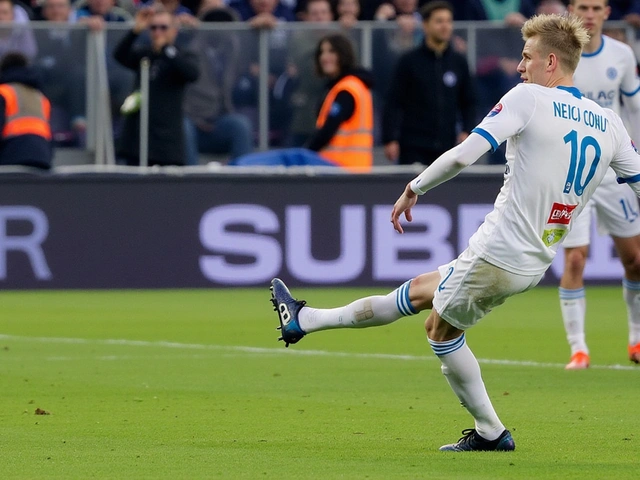Relegation: What it is and why it matters
Relegation is the harshest prize in league football: finish near the bottom and you drop to a lower division. That one change reshapes budgets, player careers, and club plans. Fans feel it in the stands; boards feel it in the bank. Look at recent headlines — a heavy loss can suddenly shove a club into a real battle to stay up.
How relegation works
Most leagues rank teams by points across the season. The teams with the fewest points go down. Some leagues add tiebreakers like goal difference or head-to-head records. A few competitions use playoffs: Germany’s system, for example, can force a two-leg tie to decide who stays and who drops. Other leagues—like MLS—don’t have relegation at all. Rules matter because they shape how teams plan transfers and tackle late-season matches.
There are big practical consequences. Relegation usually cuts TV and commercial income, sometimes by tens of millions. In the Premier League, parachute payments cushion the hit for a few years, but the wage bill often must be slashed quickly. That’s why clubs sell players, restructure contracts, or bring in short-term loans in January.
How clubs try to survive
Survival isn’t luck. Clubs that avoid the drop often act on a few clear ideas: tighten the defense, pick up points at home, and target winnable fixtures. Managers tend to prioritize simple, reliable tactics—clean shape, set-piece planning, and experienced heads in the dressing room. A mid-season coaching change can help, but it’s no magic trick if the squad depth is weak.
Financially, clubs must plan before it’s too late. That means limiting long-term big contracts, keeping a mix of youth and experience, and having contingency plans for reduced revenue. Good scouting and smart loan signings in January can provide quick value without long-term risk. Clubs that think only short term often fall through the trapdoor.
Fans can help too. Vocal support matters in relegation fights; home games become six-point matches. Follow the fixture list, watch goal difference, and understand head-to-head rules—those tiny details decide end-of-season drama. Also, don't buy into panic transfers; stability can be more valuable than a headline signing.
Relegation can also reshape a club for the better. Some teams rebuild, clear unsustainable wages, and come back stronger. Others suffer long drops because of bad debts or poor planning. The difference is usually leadership and a realistic plan.
If you want a quick checklist: 1) Know your club’s points and goal difference, 2) Track upcoming fixtures and direct rivals, 3) Push for clean sheets and set-piece goals, 4) Support sensible transfer moves, and 5) Watch how the board adapts the budget if relegation happens. That’s the practical playbook for the fight.
Relegation shapes seasons more than any trophy for some clubs. It’s brutal, but it forces choices—good planning beats panic every time.
Arab Contractors claimed an essential 2-1 victory over ENPPI in the Egyptian Premier League, boosting their chances of avoiding relegation. Playing at their home ground in Cairo, the team's strategic changes and key performances led them to this significant win. They now prepare for a crucial upcoming match against Ghazl El-Mahalla.
Recent-posts
Jul, 26 2024






